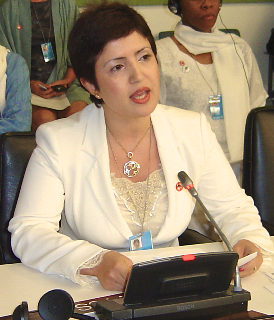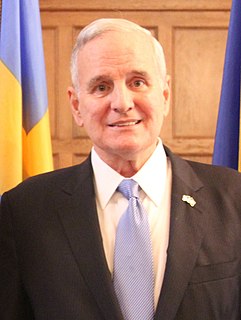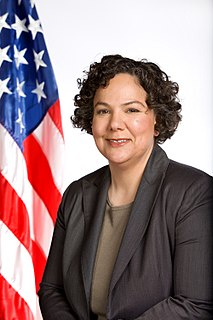A Quote by Widad Akrawi
Across the world, the lack of accountability for the harm to the environment and public health caused by conflict and military activities undermines global efforts to help fragile countries recover from armed conflicts
Related Quotes
Millions of people around the world suffer daily from the harmful health and environmental impacts caused by indoor cooking fires and inefficient cookstoves. Together with the Global Alliance on Clean Cookstoves, we are taking action to address this critical problem and to promote a cleaner, healthier environment. I am pleased to celebrate the launch of this Alliance and proud to say that agencies from across the U.S. Federal Government will continue to play an important role in this initiative.
Lack of accountability weakens the environmental and health rights of citizens; it damages peace- building and reconciliation initiatives; impedes the implementation of global health policies; leads to the loss of ecosystems and biodiversity; and weakens democracy, justice, human rights, and international security.
My colleagues from the Department of Health Behavior and Health Education are working on participatory public health initiatives in Michigan, and there is much that we can learn from each other. In fact it is essential that we strengthen efforts to learn from each other, and stop considering public health in the third world and in the U.S. as separate intellectual and practical endeavors.
I do normal kind of contributions, particularly for people who are going over to Africa and help highlighting global health, and that's tended to be pretty bipartisan in nature because of the coalition there exists fortunately around these global health issues. But I don't think my backing, putting a lot of money into political contributions is a way I'm going to try and help improve the world.

































